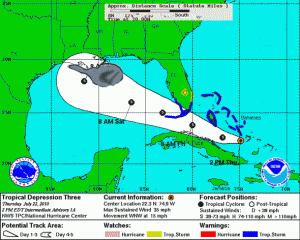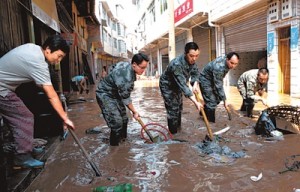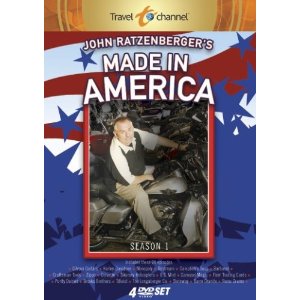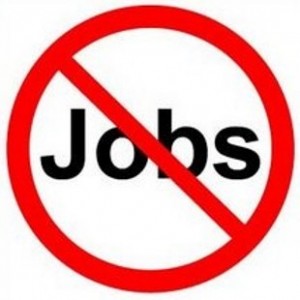The Forbes website has a great column on key person insurance, titled “The Corporate Equivalent of a Kevlar Vest”. Key life insurance is an inexpensive term life insurance policy that pays a benefit to the business upon the death of the owner or other manager critical to the business. We discussed key person insurance in Prepare for the Worst, Plan for the Best: Disaster Preparedness and Recovery for Small Businesses (Wiley, second edition paperback, 2009) in a more extreme context.
But the untimely death of a person who is critical to the continuity of the business can be disastrous if you have not planned for it. The proceeds of the policy may allow your business partner to buy out your heirs’ interests while providing operational continuity, which is critical to both your employees and your heirs. Banks often require such insurance coverage when extending business loans. But another benefit of key person insurance is that it imposes operational and financial discipline, as you must value the business annually to make certain your coverage is adequate. As the cost of such coverage is very low, all business owners should look into it.








